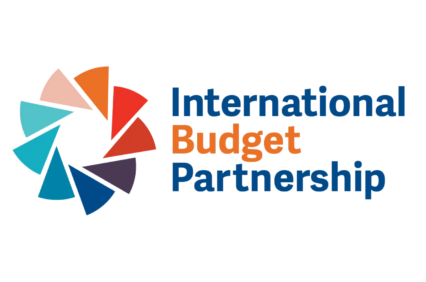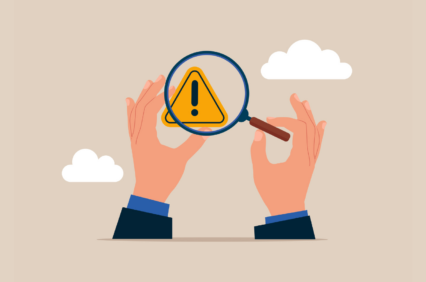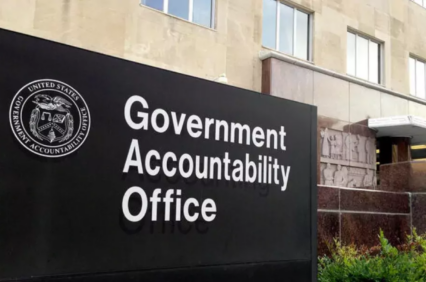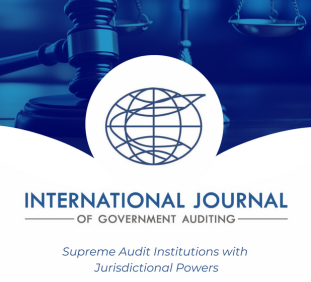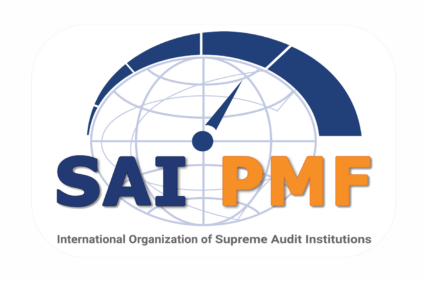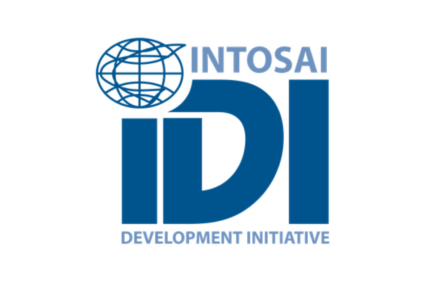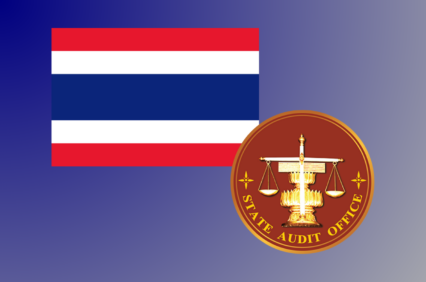Developing relevant and innovative approaches to support SAI Independence: Insights from the SAI Independence Rapid Advocacy Mechanism (SIRAM)
Supreme Audit Institutions (SAIs) have a vital role for public sector accountability, integrity, and transparency. To fulfill their role and build trust between the organs of the state and society, SAIs need to be independent.
SAI Independence may be understood as the ability of a Supreme Audit Institution to operate autonomously of the government, without undue influence and control. It is considered a fundamental condition for SAIs to effectively carry out their mandate. The INTOSAI Mexico Declaration on SAI Independence identifies eight conditions, known as the pillars of independence, as the benchmark against which the independence of an SAI can be assessed.





